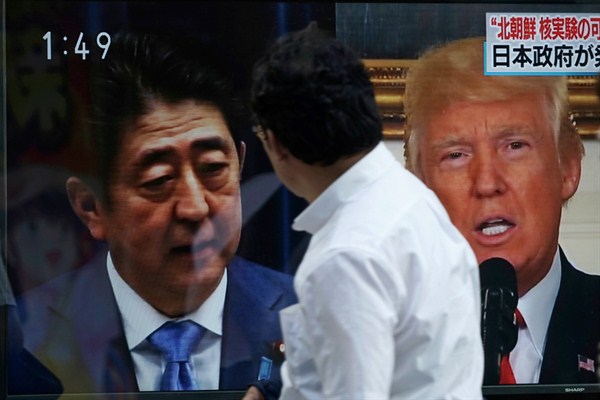The chances of a major war involving the United States are higher today than at any time since early 2003. Seldom a week goes by without a new missile or nuclear test by North Korea. President Donald Trump and his top advisers have stated categorically that they will not allow North Korea to develop the capability to attack the American homeland, preventing it by force if necessary. In a speech this week to the United Nations General Assembly, Trump vowed to “totally destroy” North Korea if it threatens the United States or its allies. These shocking words demonstrate how dangerous the impasse between Washington and Pyongyang has become.
While the winds of war are blowing most strongly on the Korean Peninsula, armed conflict between the United States and Iran is also possible. A few years ago, as Iran moved toward the development of nuclear weapons, some American commentators on the political right urged Washington to attack before that happened. Calls for American action subsided when Tehran agreed to the 2015 nuclear deal with the U.S. and other world powers, known as the Joint Comprehensive Plan of Action, which is essentially an arms control accord. Iran agreed not to build nuclear weapons while the deal is in effect and opened itself up to international inspections.
But in this week’s U.N. speech, Trump decried that agreement and suggested he may abandon it. If he continues on this path, U.S. military action against Iran—potentially including a strike on its nuclear facilities—may be back on the table.

